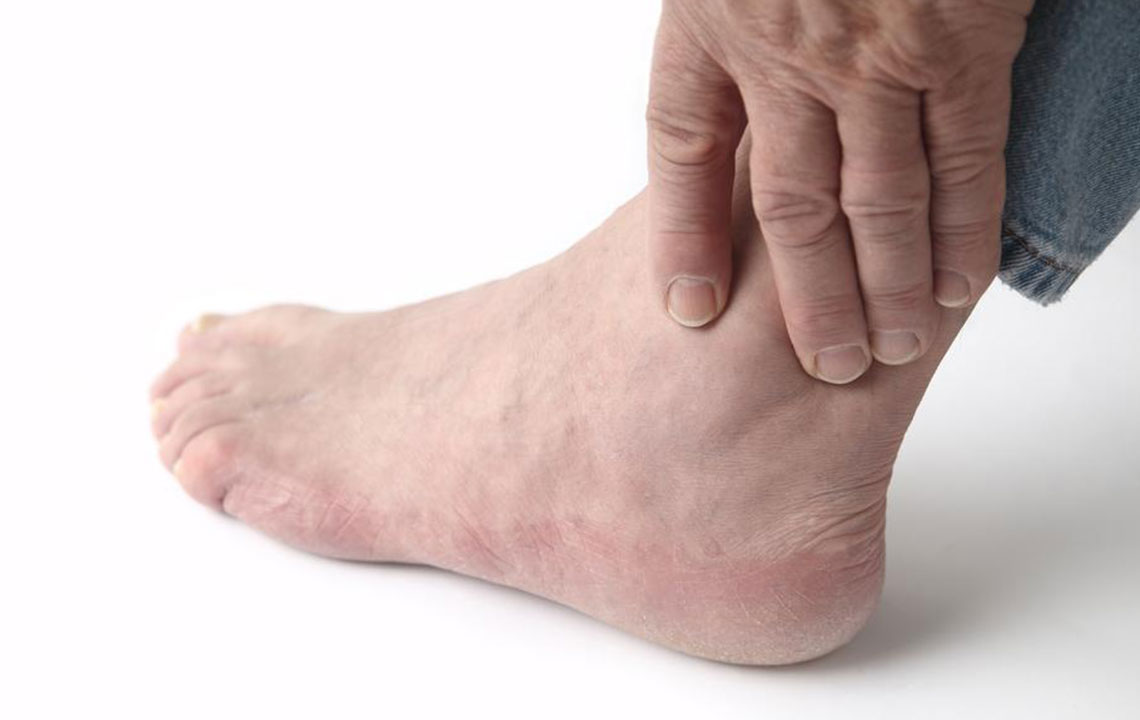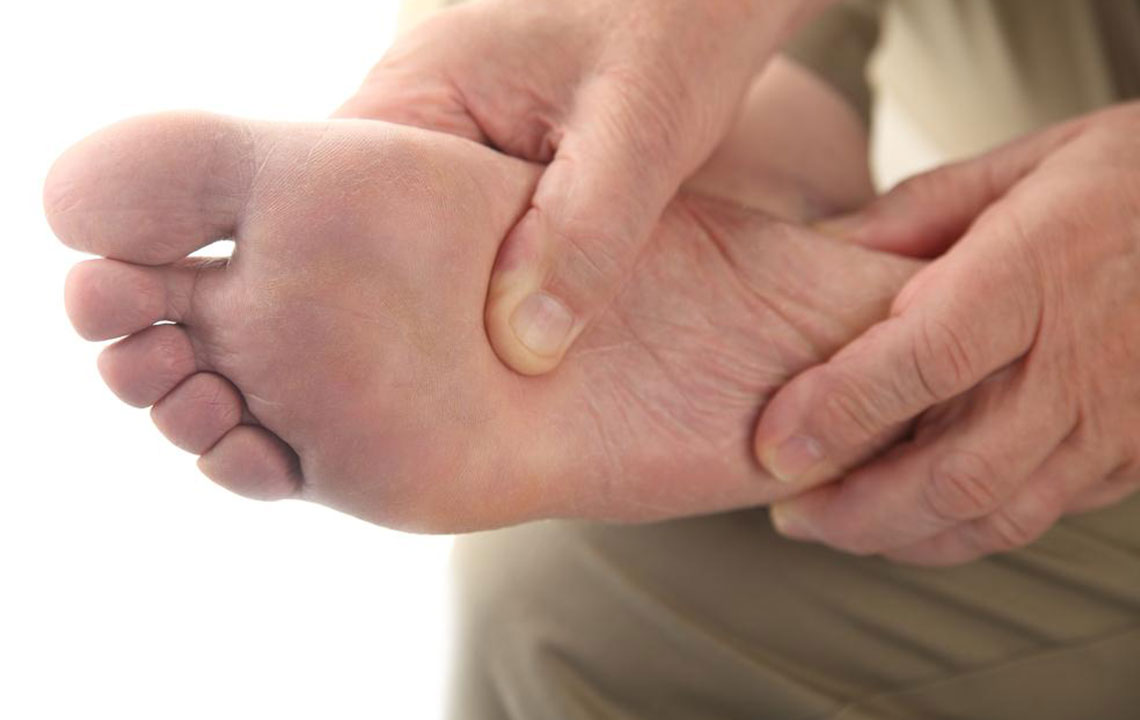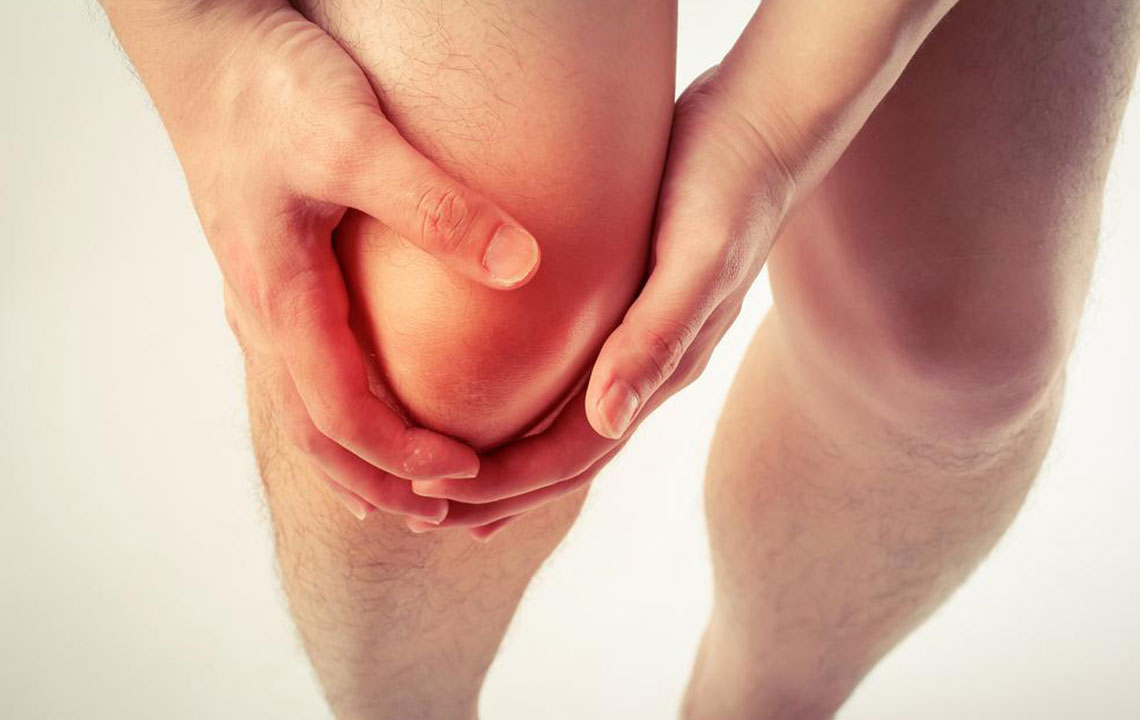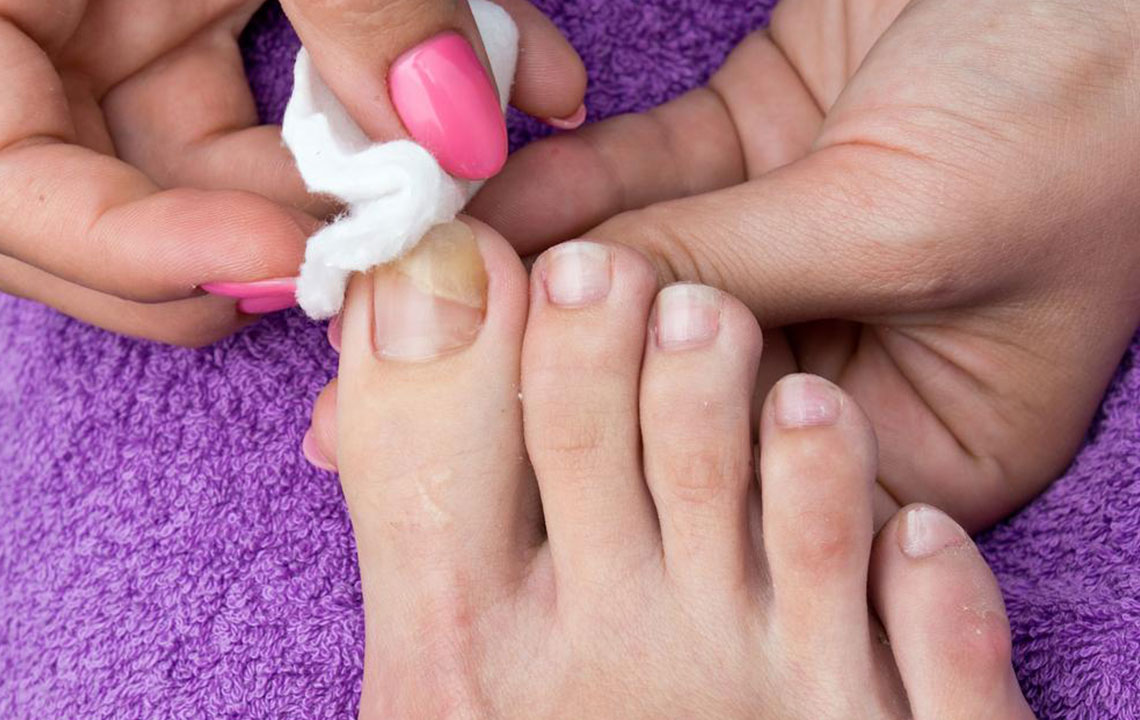Comprehensive Home Strategies to Relieve Gout Foot Discomfort and Manage Flare-Ups
Discover comprehensive home strategies to effectively manage gout foot discomfort. Learn natural remedies, dietary tips, lifestyle changes, and pain relief techniques to reduce flare-ups, manage symptoms, and improve joint health naturally. Expert advice combined with practical tips for a better quality of life with gout.

Effective Natural Treatments to Reduce Gout Foot Pain
Gout foot pain is a common and often disabling condition characterized by sudden onset of swelling, redness, and intense pain, especially in the big toe joint. It results from the accumulation of uric acid crystals within the joints, leading to inflammation and discomfort. While medications like Allopurinol are prescribed to lower uric acid levels and alleviate symptoms, many individuals seek additional home remedies and lifestyle modifications to manage and prevent flare-ups more effectively. Implementing proper diet, hydration, exercise, and immediate pain relief techniques can significantly improve quality of life and reduce the frequency of gout attacks.
Understanding the causes and adopting home-based strategies that complement medical treatments can empower individuals to take control of their condition. This article delves into natural remedies, dietary adjustments, lifestyle modifications, and immediate relief methods suitable for managing gout foot discomfort at home in a safe and effective manner.
Limit Foods High in Purines and Fructose: Foods rich in purines, like seafood, organ meats, and certain vegetables such as mushrooms, spinach, and asparagus, can elevate uric acid levels. Reducing intake helps prevent crystal formation. Additionally, foods with high fructose corn syrup contribute to increased uric acid production and should be avoided.
Moderate Alcohol Consumption: Alcohol interferes with uric acid elimination through the kidneys, leading to increased risk of flare-ups. Limiting or abstaining from alcohol, especially beer and spirits, can significantly decrease attack frequency.
Incorporate Anti-Inflammatory Foods: Berries such as cherries, strawberries, and bananas are rich in Vitamin C and antioxidants. These nutrients help combat inflammation and may reduce the severity of gout attacks.
Prioritize Hydration: Drinking plenty of water throughout the day helps dilute uric acid in the bloodstream and promotes its excretion via the kidneys.
Regular Exercise and Weight Management: Engaging in low-impact physical activities like walking, swimming, or cycling improves joint health, enhances metabolic function, and supports weight loss efforts, which are crucial for reducing gout risk.
Immediate Home Remedies for Gout Pain Relief
If you experience a gout flare-up, immediate relief measures can help lessen discomfort and inflammation:
Cold Therapy: Immerse the affected foot in cold water or apply an ice pack wrapped in a cloth for 15 minutes. This slows blood flow, reduces heat, swelling, and pain. Avoid direct contact of ice directly on the skin for prolonged periods to prevent damage or crystallization of uric acid crystals.
Elevation: Keep the affected foot elevated above heart level to facilitate fluid drainage and decrease swelling.
Use Over-the-Counter Pain Relievers: Nonsteroidal anti-inflammatory drugs (NSAIDs) like Ibuprofen are effective in alleviating pain. However, avoid aspirin, as it can increase uric acid levels and worsen symptoms.
Stay Hydrated: Continued consumption of water ensures uric acid is flushed from the body, reducing attack severity and aiding recovery.
While these home remedies can provide significant relief and assist in managing gout, it is imperative to seek prompt medical attention for persistent or severe symptoms. Professional treatment can prevent joint damage and provide comprehensive management strategies that complement home approaches.
Adopting these natural and lifestyle-oriented strategies can empower individuals to better control gout foot pain, reduce attack frequency, and improve overall joint health. Combining medication with dietary management, hydration, and immediate pain relief techniques creates a holistic approach to living well with gout.





